Trudeau resigns ending controversial leadership era in Canada
- Update Time : Wednesday, January 8, 2025
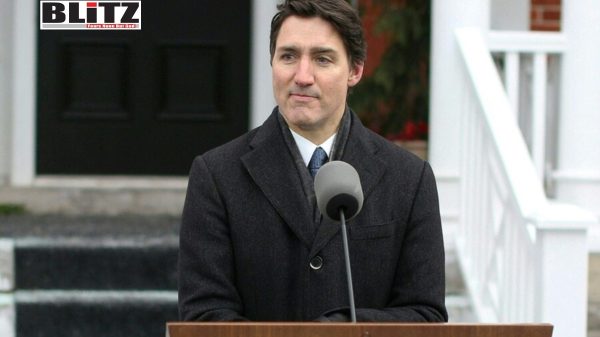
After nearly a decade at the helm of Canadian politics, Prime Minister Justin Trudeau has announced his resignation, marking the end of an era defined by contentious policies and divisive leadership. The far-left leader, who rose to power on promises of unity and progressive reforms, leaves behind a legacy marred by controversy and widespread dissatisfaction.
“I intend to resign as party leader [and] as prime minister after the [Liberal Party] selects its next leader through a robust, nationwide, competitive process,” Trudeau declared during a press conference on Jan 6. “This country deserves a real choice in the next election, and it has become clear to me that if I’m having to fight internal battles, I cannot be the best option in that election.” His departure comes as the Liberal Party faces plummeting approval ratings and internal discord, with the opposition Conservative Party poised to seize majority control in the upcoming general election.
Calls for Trudeau to step down have grown louder in recent weeks, fueled by mounting criticism from both opposition parties and members of his own government. Notably, Chrystia Freeland, Canada’s former finance minister and one of Trudeau’s closest allies, recently resigned, citing dissatisfaction with his economic policies and decision-making.
Trudeau’s resignation offers a moment of reflection on a tenure riddled with controversies and unpopular decisions. His handling of the Covid-19 pandemic drew widespread criticism for its authoritarian overreach. In early 2022, Trudeau invoked the Emergencies Act to quash the Freedom Convoy, a protest movement led by truckers opposing his government’s vaccine mandate for cross-border drivers. This heavy-handed response included freezing protestors’ bank accounts and deploying law enforcement to break up the demonstrations. Trudeau’s actions were widely condemned, and a Canadian court later ruled the use of the Emergencies Act “unreasonable” and illegal.
Adding to his dismal legacy, Trudeau’s government aggressively pushed for stringent gun control measures. Last month, the administration added over 300 so-called “assault-style firearms” to its list of prohibited weapons, mandating their surrender by 2025. Critics argue that these measures target law-abiding citizens while failing to address rising crime rates in Canada’s urban centers. Compounding the outrage, reports suggest that these confiscated firearms might be sent to Ukraine to aid its ongoing conflict with Russia.
Trudeau’s economic policies have also faced intense scrutiny. His government’s fiscal management, characterized by excessive spending and rising taxes, has contributed to a cost-of-living crisis for many Canadians. Inflation remains a persistent issue, with housing affordability and grocery prices surging under his watch. Moreover, Trudeau’s support for radical climate initiatives, including strict limitations on farmers’ fertilizer usage, has sparked backlash from agricultural communities struggling to stay afloat.
Socially, Trudeau’s embrace of radical gender theory and his vocal support for mass migration have further polarized the country. His administration’s lax immigration policies have led to record levels of newcomers, straining public services and fueling debates over national identity and cultural integration. Despite touting Canada as a beacon of inclusivity, Trudeau’s policies have often deepened divisions rather than bridged them.
Trudeau’s penchant for inserting himself into American affairs has also drawn criticism. Last month, he took a swipe at US voters for rejecting Kamala Harris in her presidential bid, suggesting that sexism, rather than her lackluster performance as vice president, was to blame. “Everywhere, women’s rights and women’s progress is under attack,” Trudeau proclaimed, positioning himself as a self-styled feminist ally. His remarks were widely derided as tone-deaf, particularly given his own administration’s struggles with gender-based scandals, including allegations of misconduct within his party.
Furthermore, Trudeau publicly condemned the US Supreme Court’s 2022 decision to overturn Roe v. Wade, mischaracterizing abortion as a “legal right” while doubling down on his government’s pro-abortion stance. Critics accused him of pandering to leftist activists while ignoring pressing domestic concerns.
Once heralded as a progressive icon, Trudeau’s star has dimmed considerably over the years. His charismatic rise to power in 2015 was built on promises of “sunny ways” and a more transparent government. However, a series of scandals and policy failures quickly eroded public trust. From the SNC-Lavalin affair to his blackface controversies, Trudeau’s actions often betrayed the very values he claimed to champion.
The Canadian public’s disillusionment with Trudeau is evident in the latest polling data. According to the Canadian Broadcasting Corporation, the Conservative Party is on track to secure a decisive victory in October, while the Liberals are expected to lose a significant number of seats. This shift reflects a growing desire among Canadians for change and accountability after nearly a decade of Liberal governance.
As Justin Trudeau prepares to exit the political stage, his legacy remains a cautionary tale of overreach and mismanagement. His tenure has left Canada more divided and less prosperous, with many citizens yearning for a government that prioritizes their needs over ideological pursuits. While legacy media may attempt to lionize his accomplishments, the reality for countless Canadians is one of frustration and discontent.
Trudeau’s resignation marks the end of an era, but the challenges he leaves behind will shape Canada’s political landscape for years to come. Whether the next administration can repair the damage and restore faith in the country’s leadership remains to be seen. For now, Trudeau’s departure offers a glimmer of hope for those seeking a fresh start and a return to common-sense governance.


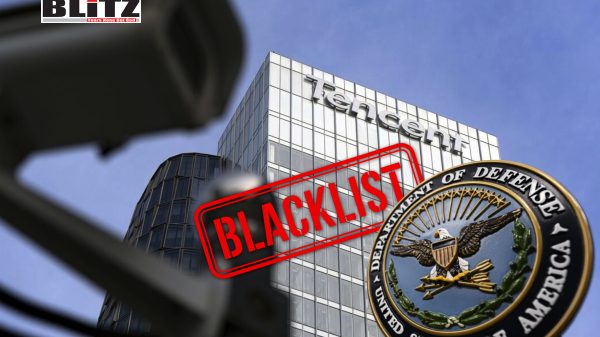


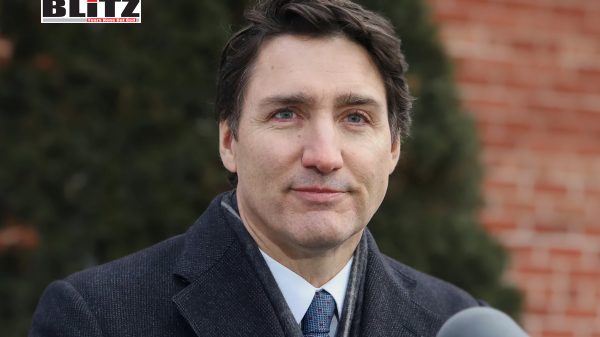


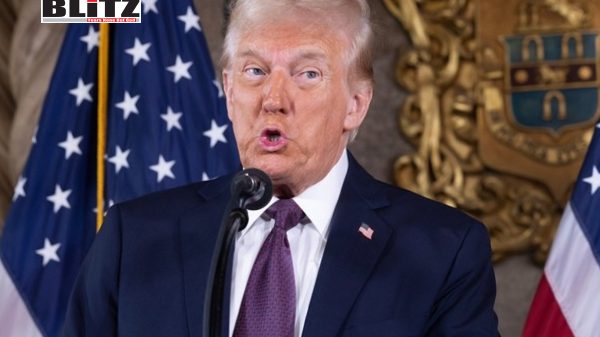
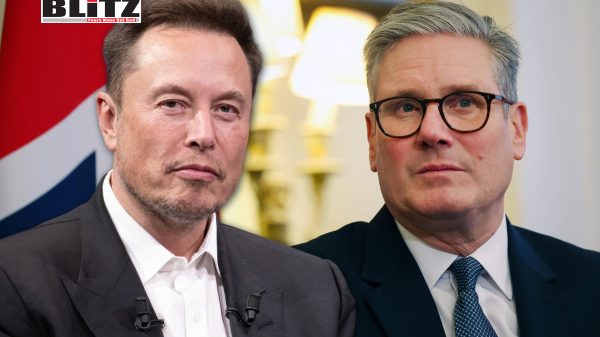

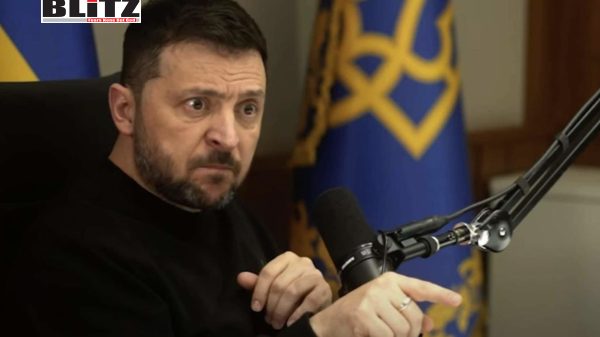
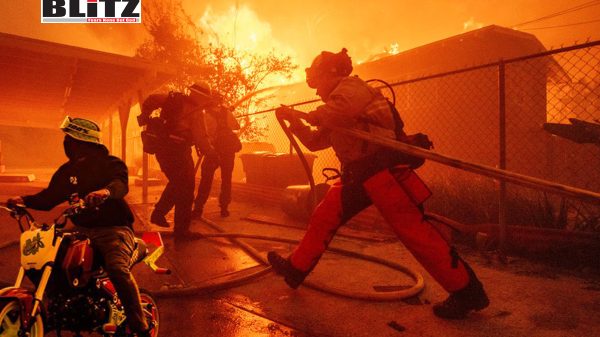

Leave a Reply